-
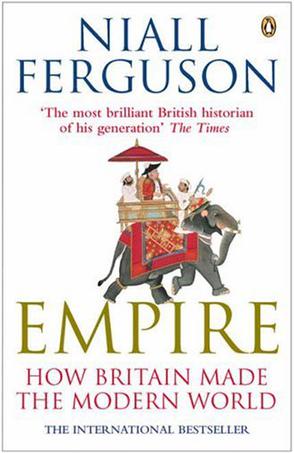
Empire
-
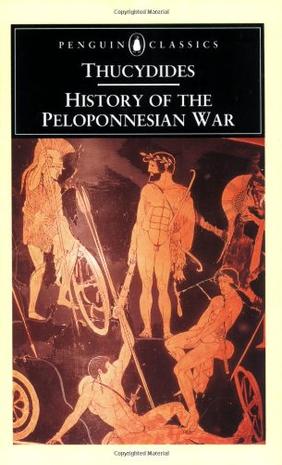
History of the Peloponnesian War
Written four hundred years before the birth of Christ, this detailed contemporary account of the struggle between Athens and Sparta stands an excellent chance of fulfilling the author's ambitious claim that the work "was done to last forever." The conflicts between the two empires over shipping, trade, and colonial expansion came to a head in 431 b.c. in Northern Greece, and the entire Greek world was plunged into 27 years of war. Thucydides applied a passion for accuracy and a contempt for myth and romance in compiling this exhaustively factual record of the disastrous conflict that eventually ended the Athenian empire. -
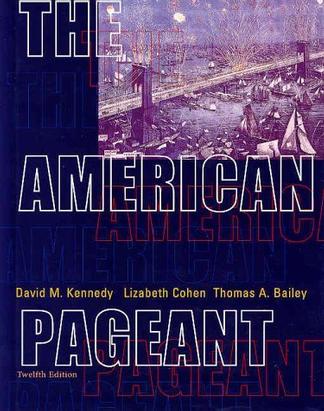
The American Pageant
Supported by colorful anecdotes, first-person quotations, and its trademark wit, The American Pageant is one of the most readable, popular, and effective American history textbooks available. Pedagogy includes chapter-ending chronologies, numerous interesting quotes from historical figures, and incisive part openers that contextualize six major periods in American history. The Appendix includes "Suggested Readings" for every chapter, an annotated Constitution of the United States with page references, and an extensive statistical profile of the United States. -
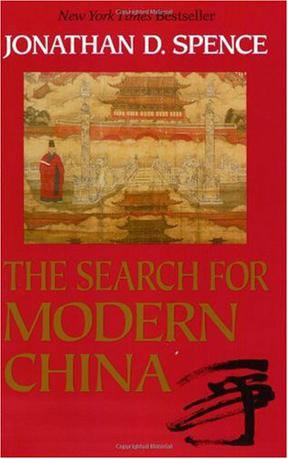
The Search for Modern China
"A remarkable achievement...vivid...fluent, graceful.... A publishing event."—Boston Globe In this widely acclaimed history of modern China, Jonathan Spence achieves a fine blend of narrative richness and efficiency. Praised as "a miracle of readability and scholarly authority," (Jonathan Mirsky) The Search for Modern China offers a matchless introduction to China's history. -
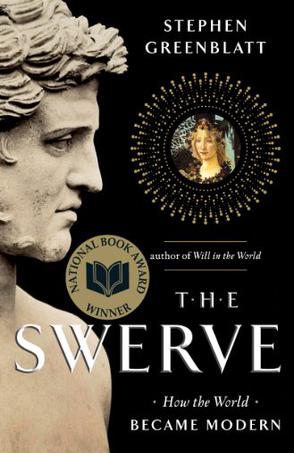
The Swerve
Winner of the 2012 Pulitzer Prize for Non-Fiction Winner of the 2011 National Book Award for Non-Fiction One of the world's most celebrated scholars, Stephen Greenblatt has crafted both an innovative work of history and a thrilling story of discovery, in which one manuscript, plucked from a thousand years of neglect, changed the course of human thought and made possible the world as we know it. Nearly six hundred years ago, a short, genial, cannily alert man in his late thirties took a very old manuscript off a library shelf, saw with excitement what he had discovered, and ordered that it be copied. That book was the last surviving manuscript of an ancient Roman philosophical epic, On the Nature of Things , by Lucretius—a beautiful poem of the most dangerous ideas: that the universe functioned without the aid of gods, that religious fear was damaging to human life, and that matter was made up of very small particles in eternal motion, colliding and swerving in new directions. The copying and translation of this ancient book-the greatest discovery of the greatest book-hunter of his age-fueled the Renaissance, inspiring artists such as Botticelli and thinkers such as Giordano Bruno; shaped the thought of Galileo and Freud, Darwin and Einstein; and had a revolutionary influence on writers such as Montaigne and Shakespeare and even Thomas Jefferson. 16 pages full-color illustrations -
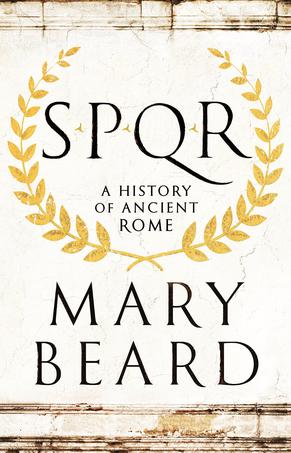
SPQR
Ancient Rome matters. Its history of empire, conquest, cruelty and excess is something against which we still judge ourselves. Its myths and stories - from Romulus and Remus to the Rape of Lucretia - still strike a chord with us. And its debates about citizenship, security and the rights of the individual still influence our own debates on civil liberty today. SPQR is a new look at Roman history from one of the world's foremost classicists. It explores not only how Rome grew from an insignificant village in central Italy to a power that controlled territory from Spain to Syria, but also how the Romans thought about themselves and their achievements, and why they are still important to us. Covering 1,000 years of history, and casting fresh light on the basics of Roman culture from slavery to running water, as well as exploring democracy, migration, religious controversy, social mobility and exploitation in the larger context of the empire, this is a definitive history of ancient Rome. SPQR is the Romans' own abbreviation for their state: Senatus Populusque Romanus, 'the Senate and People of Rome'.